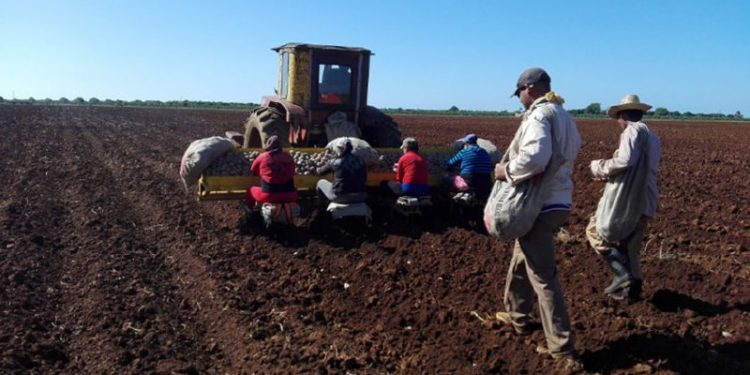Enhancing Potato Cultivation for a Sustainable Future
MINAG, the Ministry of Agriculture, has recently provided valuable insights into innovative techniques and strategies that are set to transform potato farming. These advancements aim to boost productivity, ensure sustainability, and improve the overall quality of potato crops, making them highly relevant for farmers, agronomists, and industry professionals.
Innovations in Potato Farming
MINAG’s latest report highlights several key innovations in potato farming that promise to enhance both yield and sustainability. These include:
- Advanced Irrigation Systems: Implementing modern irrigation techniques that optimize water usage and improve crop health.
- Soil Health Management: Utilizing organic and bio-fertilizers to enhance soil fertility and structure, leading to healthier potato plants.
- Integrated Pest Management (IPM): Combining biological, cultural, and chemical methods to manage pests effectively while minimizing environmental impact.
- Precision Agriculture: Leveraging GPS and remote sensing technologies to monitor and manage crop fields with greater accuracy.
Impact on Potato Production
The application of these innovative techniques is expected to significantly impact potato production. By improving water efficiency and soil health, farmers can achieve higher yields with lower inputs, reducing the overall environmental footprint of potato farming. Integrated pest management practices ensure that pest control measures are sustainable and environmentally friendly, preserving beneficial insects and reducing the reliance on chemical pesticides.
Sustainability and Economic Viability
MINAG emphasizes the dual focus on sustainability and economic viability. The adoption of advanced technologies not only promotes environmental stewardship but also enhances farm profitability. Precision agriculture tools enable farmers to make data-driven decisions, optimizing resource use and increasing productivity.
Collaborative Efforts and Future Outlook
MINAG’s initiatives underscore the importance of collaboration between government bodies, research institutions, and the farming community. By working together, these entities can drive innovation and disseminate best practices more effectively. The future of potato farming looks promising, with continuous improvements and the adoption of new technologies paving the way for a more sustainable and productive agricultural sector.
Conclusion
MINAG’s insights into innovative potato farming techniques provide a roadmap for enhancing productivity and sustainability in the industry. These advancements are crucial for meeting the growing global demand for potatoes while ensuring that farming practices remain environmentally responsible and economically viable.







